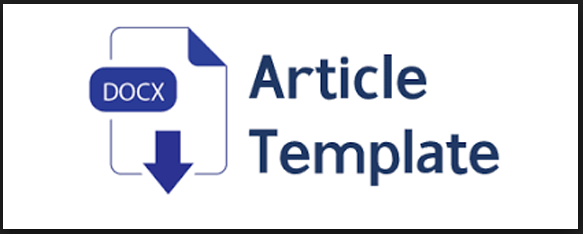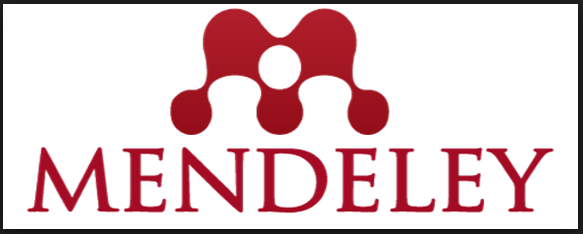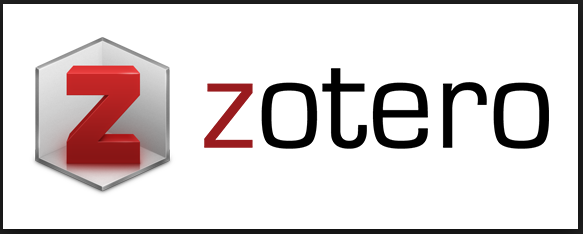Pengaruh Intervensi Self-Management Terhadap Kepuasan Kerja Perawat di Rumah Sakit Tipe C Yogyakarta
DOI:
https://doi.org/10.30989/hbj.v2i1.1339Keywords:
self-management, job satisfaction, nurse, private hospital, yogyakartaAbstract
Background: Job satisfaction is a manifestation of the success of employees in carrying out their responsibilities at work. Self-management is self-regulation in the use of time, choices, interests, activities, and physical and mental balance. The results of measuring nurse job satisfaction amid the COVID-19 pandemic decreased and affected the quality of hospital services.
Objective: This research aims to determine the effect of self-management interventions on nurse job satisfaction at type C private hospital in Yogyakarta.
Methods: Pre-experimental research design, one group pre-posttest. The research population is nurses at type C private hospital in Yogyakarta. The sample in this study was 45 respondents using a total population technique as the sample. This study used the Minnesota Satisfaction Questionnaire and the intervention was carried out online meeting.
Results: The majority was female with a percentage (86.7%), the ages of nurses were 31-38 years with the most (42.2%), Diploma III education dominated (82.3%). Wilcoxon obtained Asymp.Sig (2-tailed) worth 0.001. The value of 0.001 is less than 0.05, so H0 is rejected and H? is accepted.
Conclusion: There is an effect of self-management interventions on the job satisfaction of nurses at type C private hospital in Yogyakarta.
References
(2) Said RM, El-Shafei DA. Occupational stress, job satisfaction, and intent to leave: nurses working on front lines during COVID-19 pandemic in Zagazig City, Egypt. Environ Sci Pollut Res. 2021;28(7):8791–801.
(3) Savitsky B, Radomislensky I, Hendel T. Nurses’ occupational satisfaction during Covid-19 pandemic. Appl Nurs Res. 2021;59(January):151416.
(4) Leskovic L, Erjavec K, Leskovar R, Vukovi? G. Burnout and job satisfaction of healthcare workers in slovenian nursing homes in rural areas during the covid-19 pandemic. Ann Agric Environ Med. 2020;27(4):664–71.
(5) Tavares APC, Leite BS, Silveira IA, Santos TD Dos, Brito W de AP de, Camacho ACLF. Analysis of Brazilian publications on distance education in nursing: integrative review. Rev Bras Enferm. 2018;71(1):214–22.
(6) Wolo PD, Trisnawati R, Wiyadi. Faktor Faktor Yang Mempengaruhi Kepuasan Kerja Perawat Pada RSUD TNI AU Yogyakarta. J Ekon Manaj Sumber Daya. 2017;17(2):25–34.
(7) Satya Utami E. Hubungan Kepuasan Aspek Self Esteem Dengan Motivasi Kerja Perawat Pelaksana. J Ber Ilmu Keperawatan. 2020;13(1):48–53.
(8) Lira ALB de C, Adamy EK, Teixeira E, da Silva FV. Nursing education: challenges and perspectives in times of the COVID-19 pandemic. Rev Bras Enferm. 2020;73(Suppl 2):5–9.
(9) Isnaini F, Taufik. Strategi self-management untuk meningkatkan kedisiplinan belajar. Penelit Hum. 2015;16:33–42.
(10) Setianingrum, Rita., Tutik, Sri Hariyati., Hening P. Kepuasan Kerja Perawat Pelaksana Di Masa Pandemi Covid-19 Dan Variabel Yang Berhubungan. J Telenursing. 2021;3(2):565–77.
(11) Zulfana, Windu S. Kepuasan perawat covid-19 di ruang isolasi rumah sakit gatoel. 2021;
(12) Didiek WA. Pengaruh High Performance Human Resource Management Practices Dan Self Management Practices Pada Kepuasan Kerja Karyawan (Studi pada Karyawan Hotel Sahid Raya Yogyakarta). Derivatif. 2015;9(2):85–96.
(13) Monica MA, Abdul Gani R. Efektivitas Layanan Konseling Behavioral dengan Teknik Self-Management untuk Mengembangkan Tanggung Jawab Belajar pada Peserta Didik Kelas XI SMA Al-Azhar 3 Bandar Lampung Tahun Ajaran 2015/2016. KONSELI J Bimbing dan Konseling. 2016;3(2):119–32.
(14) Malia B. Efektifitas Pelatihan Self Management Sebagai Upaya Meningkatkan Self Regulated Learning Siswa Kelas VII MTS Sunan Ampel Pare. Comput Ind Eng. 2018;2(January):6.
(15) Rokhmah NA, Anggorowati A. Komunikasi Efektif Dalam Praktek Kolaborasi Interprofesi Sebagai Upaya Meningkatkan Kualitas Pelayanan. JHeS (Journal Heal Stud. 2017;1(1):65–71.
(16) Isbala AA. Pengaruh Perencanaan Strategi dan Kepuasan Kerja Terhadap Kinerja. 2015;4(5):1–17.









